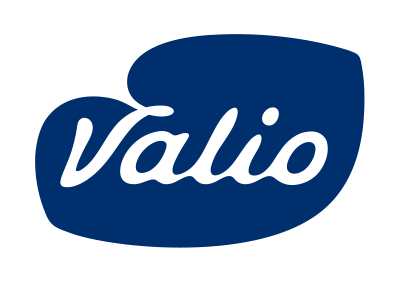Life goes on at Valio dairy farms, despite the exceptional situation

Even though the spread of coronavirus has put the world in a much different situation, life at Valio dairy farms goes on mostly in the same way as before. How is the continuity of milk production secured during the exceptional circumstances caused by the coronavirus?
Valio dairy farms are operating in the exceptional time much in the same way as they regularly do. The hygiene requirements are always strict, but naturally even more careful hygiene practices are followed during exceptional situations so that the people working at the farms stay healthy.
“Animals must be cared for and milk delivered every single day – whether an exceptional situation or not. What is different for this situation is the even more detailed hygiene guidelines, the social distancing, and taking care of your own health. Close contact with the milk truck driver is avoided, and people aren’t staying on site to chat like they might normally do. The number of outsiders visiting the farm is restricted to a minimum. Special precautions are taken with veterinarians, artificial inseminators and relief workers who regularly visit the cowsheds also during exceptional times by keeping an adequate distance between people, by sanitising hands and equipment, and by using rubber gloves for protection, for example,” says Valio’s Herd Health Veterinarian Kristiina Sarjokari.





Did you know that Valio is owned by dairy farms ?
4,700 Finnish dairy farms own Valio, and we pay all the profits from our operations to the dairy farms.
